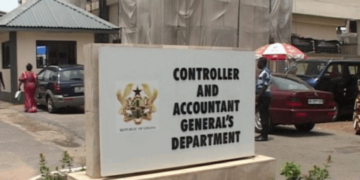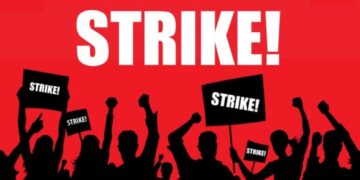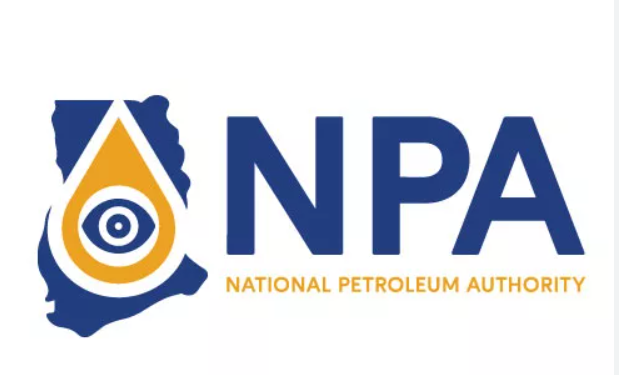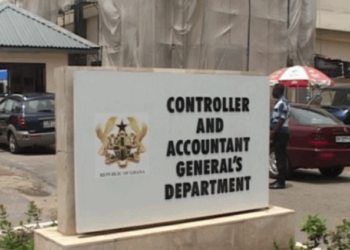The National Petroleum Authority (NPA) has instituted a new pricing strategy aimed at stabilizing the petroleum market by introducing price floors for petrol and diesel during the second pricing window, scheduled from October 16 to October 31, 2024.
Under this directive, the minimum prices have been set at GH₵12.73 per litre for petrol and GH₵13.43 per litre for diesel.
This move mandates that all oil marketing companies (OMCs) and Liquefied Petroleum Gas (LPG) marketers must refrain from selling below these established rates within the specified period.
The NPA’s notice to the industry players underscores the importance of adhering to these price floors to prevent detrimental price undercutting practices that could destabilize the sector.
Importantly, the NPA clarified that these price floors exclude additional costs such as premiums from International Oil Trading Companies (IOTCs), operating margins of Bulk Oil Distribution Companies (BIDECs), and the Marketers’ and Dealers’ Margins of OMCs and LPG Marketing Companies (LPGMCs).
These additional charges will continue to be determined independently by the companies in alignment with the existing Price Deregulation Policy.
The introduction of the price floor mechanism is part of the NPA’s broader strategy to curb aggressive price undercutting that threatens the financial stability of the petroleum industry.
Read Also: NDC’s Amenfi Central candidate disqualified amid allegations of forged documents
By enforcing a minimum price, the authority aims to ensure that oil marketing companies maintain sustainable profit margins while preventing excessive price wars that can lead to market instability.
However, the NPA has recently suspended the Price Floor programme for Bulk Oil Distribution Companies due to concerns raised by stakeholders in that sector.
Despite this suspension, the initiative remains active for oil marketing companies, reflecting the NPA’s commitment to addressing undercutting where it poses the greatest risk to industry balance.
The price floor policy has not been without controversy. Some industry players have criticized the NPA’s approach, labeling it as an anti-free market intervention that could limit competition and consumer choice.
They argue that the policy may lead to higher fuel prices for consumers and reduce the competitiveness of smaller OMCs unable to meet the minimum pricing requirements.
In response to these criticisms, the NPA emphasized that the price floor policy was developed following extensive consultations with industry stakeholders.
The authority contends that the policy is a necessary measure to maintain market equilibrium and protect the long-term viability of the petroleum sector.
According to the NPA, unchecked price undercutting can lead to significant financial losses for oil marketing companies, potentially resulting in closures and job losses, which would ultimately harm the economy.
The NPA remains steadfast in its resolve to enforce the price floors, assuring that all participants in the petroleum market comply with the new regulations.
By doing so, the authority aims to foster a more stable and predictable pricing environment that benefits both businesses and consumers in the long run.
As the implementation window approaches, the NPA continues to monitor compliance closely, ensuring that oil marketing companies adhere to the established price floors.
The authority has reiterated its dedication to working collaboratively with all market players to achieve a balanced and fair petroleum market in Ghana.























